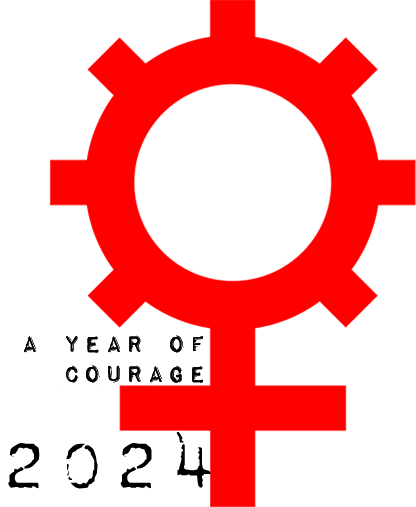Dear Diary,
How does one experience forgiveness? Previously, I wrote ‘forgiveness is relieving pressure,’ but how does one understand forgiveness has been received? I pondered how forgiveness is the opposing force to guilt and how guilt is the burden of change. What, then, happens when we try to forgive and can’t? What if things are unchangeable? Forgiving superficial wounds is comparatively simple, but the process becomes significantly more difficult when something strikes the core of our values.
There are times we wish to forgive, and we tell ourselves we have, but the issue still is bothersome. It is only later we understand forgiveness was never given originally, only a failed attempt at such. True forgiveness only comes with actually letting it go and being relieved of the burden of carrying it. It isn’t enough to cease the need to change, but we have achieved forgiveness when the issue exits our thoughts and feelings. Perhaps the problem arises again later, but it will be with far lower stress and impact on our state of being when it does. Memories impact us differently than current feelings, after all.
How does one sincerely let go, as opposed to merely pretending to relinquish? Two thoughts come to mind: putting other experiences between you and the event in question and practicing radical acceptance. The former, continuing to live, is where the adage ‘time heals all wounds’ originates. By continuing to live, we continue to learn, change, and grow. Our views change gradually with continued experiences, and at some point, we grow weary of carrying the burden.
The other option for achieving true forgiveness is radical acceptance. Put simply, it is acknowledging events without judging them through our personal biases or lenses. When we live in a world of ‘what is’ instead of ‘what if,’ we let go of things less painfully. For example: if someone cuts you off on the road, acknowledge it happened without making assumptions about the offending driver’s intent or mental state. We can not control other people, only occasionally ourselves. Focus on what reaction we have and can make instead of judging the other person as bad.
The issues which pierce deeply sometimes require both time and acceptance. We cannot change the past, and draining ourselves of emotional capacity becomes little more than a punishment we inflict upon ourselves. Regretfully, there are instances wherein closure is impossible, and the best thing we can do is to not harm ourselves about it any longer. These instances are the most likely to leave scars, but their mark is favorable to an open wound. Scars fade while open wounds continue to hurt and demand attention.
In the end, attention is currency. We only have so much to give and must be vigilant with how we spend it. Do we wish to waste our lives focusing on the unchangeable past or the malleable present? We have infinitely more control over the present than the past, and while learning from history assists our hand moving forward, it is our choices now that matter most. The future never happens, and the past no longer exists. Now is all we have, so choose to live in it; forgive those who take our attention away from now – especially oneself.
